
不能用 very 修饰的形容词
very 可以作为副词,表示“非常,很,极,十分”等意思,放在形容词(或者副词)原级形式前面,起强调的作用,既可以用于肯定句,也可以用于否定句。例如:
It was a very unusual / difficult situation. 那是一个非常不一般 / 困难的局面。
We checked very carefully. 我们十分仔细地检查过了。
She did very well on the test. 她这次考试成绩很好。
It was very nice of you to stop by. 你能过来探望,真是太好了。
I’m verysorry. 我非常抱歉。
“Thank you very much.” “You’re very welcome.” “非常感谢。”“不用那么客气。”
“Were you surprised?” “Yes, very.” “让你吃惊了吗?”“是的,非常吃惊。”
They weren’t very nice (to me). [= they didn’t treat me well; they were mean to me ] 他们(对我)不太友好。
(以上例句摘自《韦氏高阶英汉双解词典》p.2329)
但是,在某些形容词前面,不能使用very ,常见的情况有:
1. 如果形容词已含有 very 之义,不能与very 连用。常见的这类形容词有amazing, critical,delighted, enormous, great, hilarious,terrible 等。如果要使用very,就要使用另外的形容词。例如:
critical = very important,delighted = very pleased, enormous = very big, great = very good , hilarious = very funny,terrible =very bad
如果要强调这类不能与very 连用的形容词,可以用副词really或者absolutely。例如:
a hilarious story (= a very funny story)非常有趣的故事(不能说a very hilarious story )
a great idea (= a very good idea) 绝妙的想法 (不能说a very great idea)
an absolutely hilarious film 极诙谐搞笑的电影 (不能说 a very hilarious film)
We were really delighted to hear your news. 听到你的消息,我们喜不自胜。 (不能说We were very delighted to hear your news. )
The children think he’s absolutely amazing. 孩子们觉得他酷毙了。 (不能说The children think he’s very amazing.)
2. 有些形容词不可分级,因其描述的特征非此即彼。这类形容词不能与 very 连用。这类形容词有 free, impossible, unconscious, unique等。如果要强调这类形容词,可以用absolutely, completely或者totally。例如:
It was clear that the man was completely unconscious . 很明显,那人完全失去了知觉。(不能说:It was clear that the man was very unconscious . )
We’re trying to come up with something totally unique . 我们试图想到最与众不同的点子。
Tickets are absolutely free. 票价全免。
【说明】此文是根据英英词典中的资料编写的。


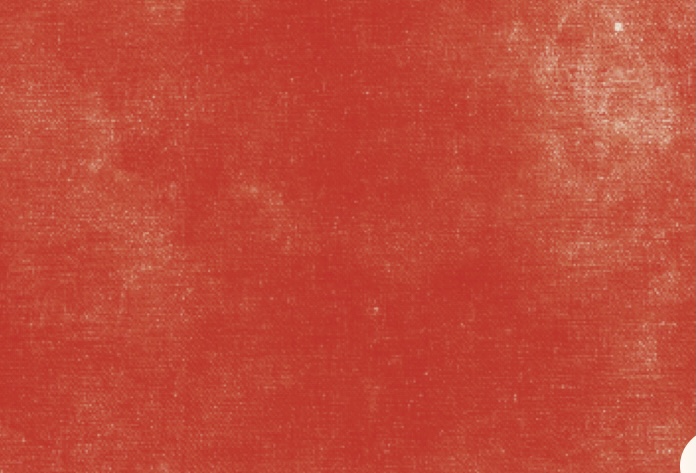





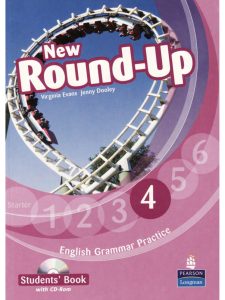



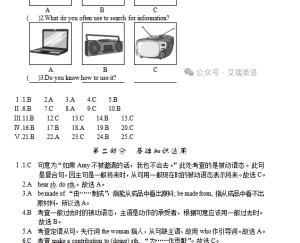
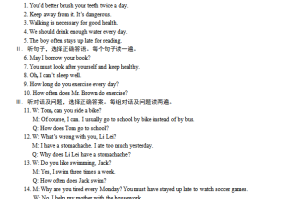


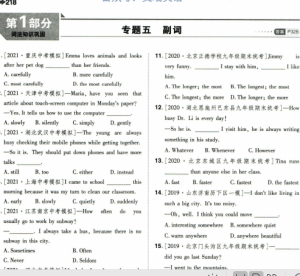
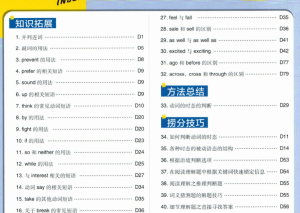
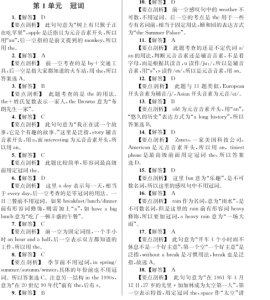
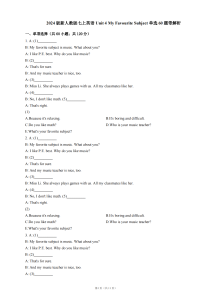


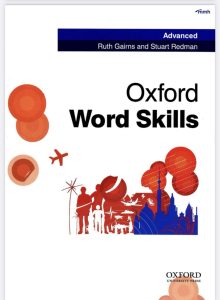
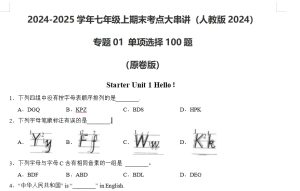
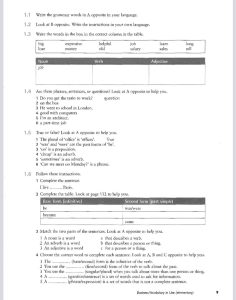



暂无评论内容